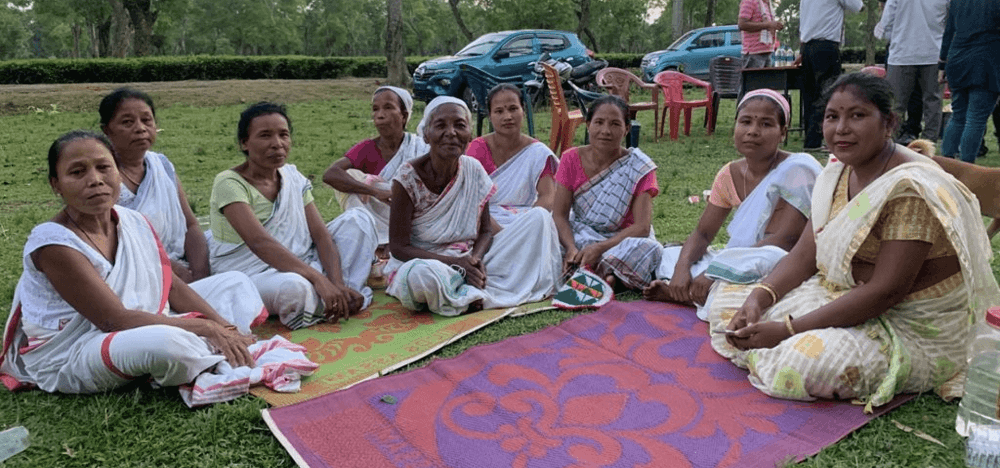The Genesis
Tribal populations are amongst the most socio-economically marginalized sections, and while tribal healthcare usually falls within the ambit of rural healthcare, the difference in terrain, environment, social systems and culture, lead to tribal communities having their unique set of healthcare needs. It is crucial to identify the missing links in the story of tribal health in India starting with customized research that provides relevant, tailor-made solutions for tribal populations. Anamaya was born from the dire need to bridge gaps in healthcare for tribal communities and bring their health coverage and indicators at par with the state average. The significance of this collaborative is evident from the fact that it was launched by Hon. Union Minister of Health and Family Welfare Dr Harsh Vardhan and Hon. Union Minister of Tribal Affairs Shri Arjun Munda in April 2021. Tribal Health Collaborative, pegged on collaboration and partnerships, brings together Central and State Governments, philanthropists, national and international foundations, NGOs, and institutions in tribal health research.

